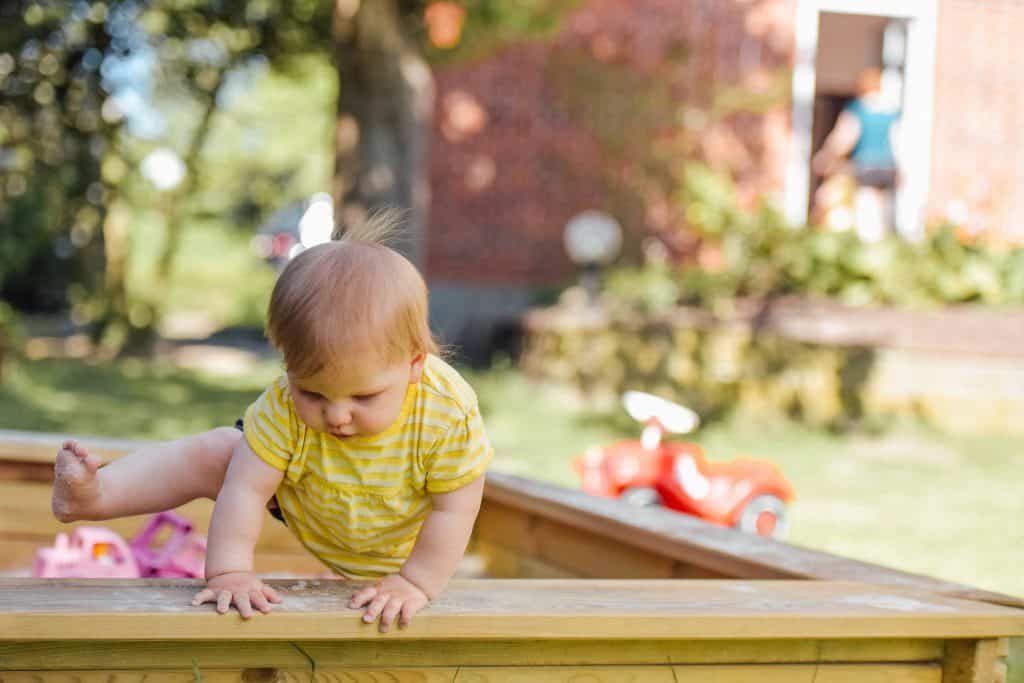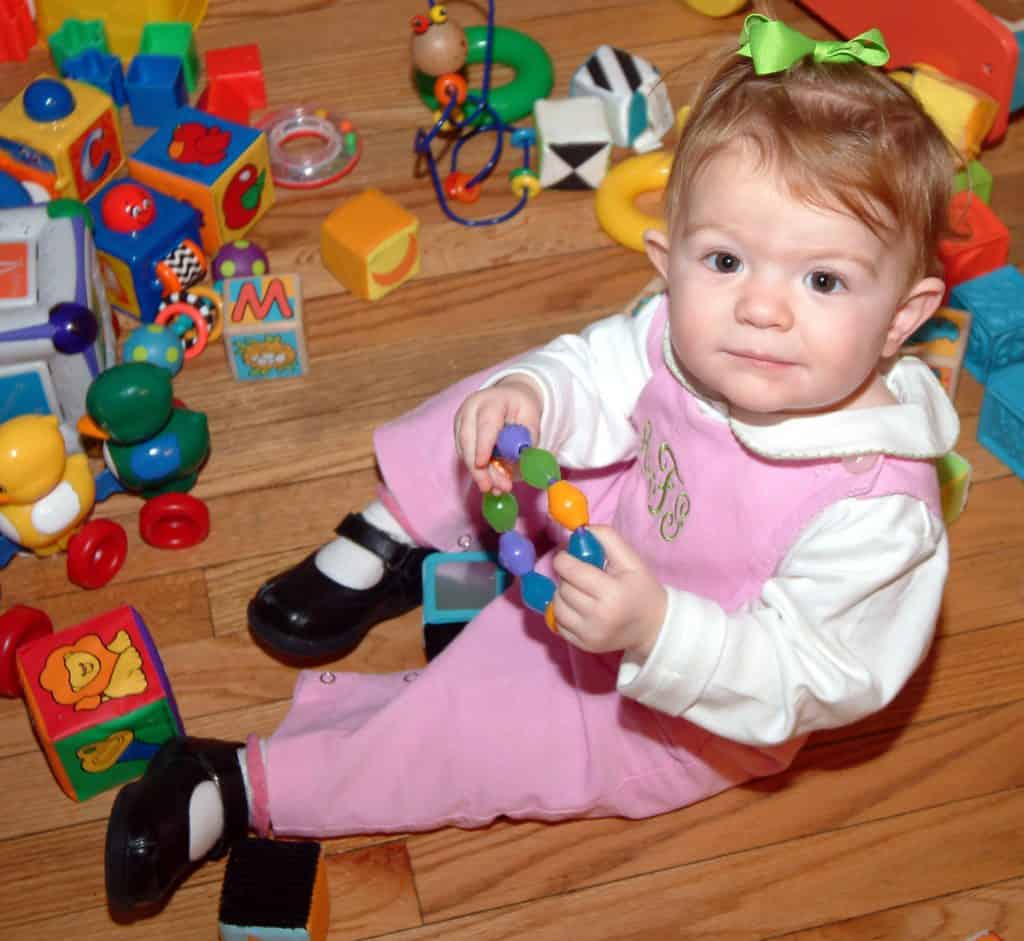
Importance of children starting nursery
Recent ongoing research has been conducted by the Department of Education into the role of early education and the importance of quality settings that children attend. This research has played a crucial part in extending funding to more two-year-olds so that all children can have quality early years experiences during crucial developmental periods.
The research involved studying a variety of children, some of which had attended early years settings and some of which had not. When compiling the results, they also took into account the experiences that were available to the children in their homes. This showed a clear difference in the levels of intellectual, social and behavioural development between those who had attended quality early years settings and those who had not. The children who had attended an early years setting displayed more school readiness and learning was enhanced.
It also suggested starting nursery at an early age plays an important role in children’s development. It is recommended a child should start high-quality early years setting before the age of three to gain the most before starting school. It is said that young children do not need to be placed into full-time early education as the children who attended part-time achieved just as highly.

The quality of home experiences such as taking time to sing rhymes and learn songs is also important in helping a child develop and achieve highly at school; however, the children still benefit further by attending nursery. Although this research has led to some important changes in the accessibility of early years settings to move children from the age of two, it has now been brought to light that there are not enough high-quality settings for the children to attend.
A high-quality setting plays the most significant role in how well a child achieves and the level of their school readiness. Poor quality settings do not offer the rich learning opportunities needed to support a child or promote their development.





